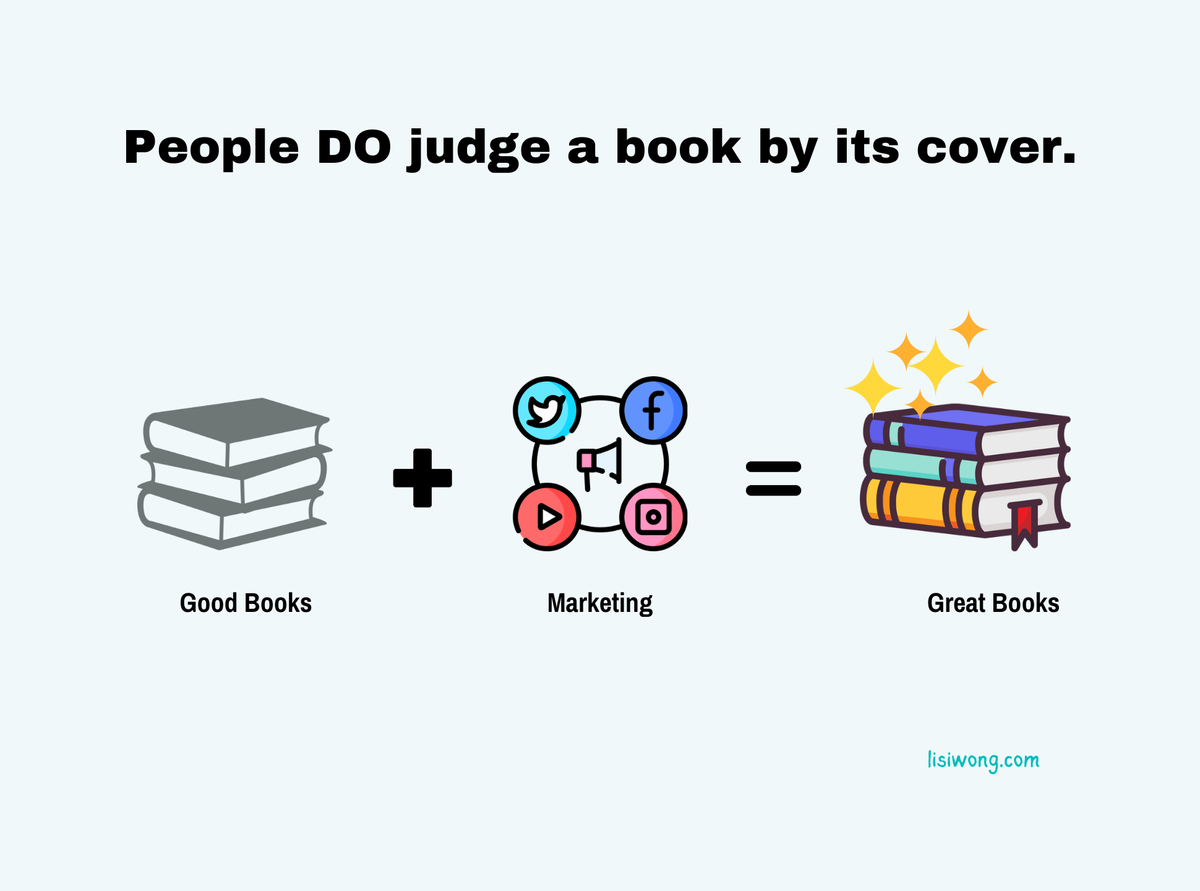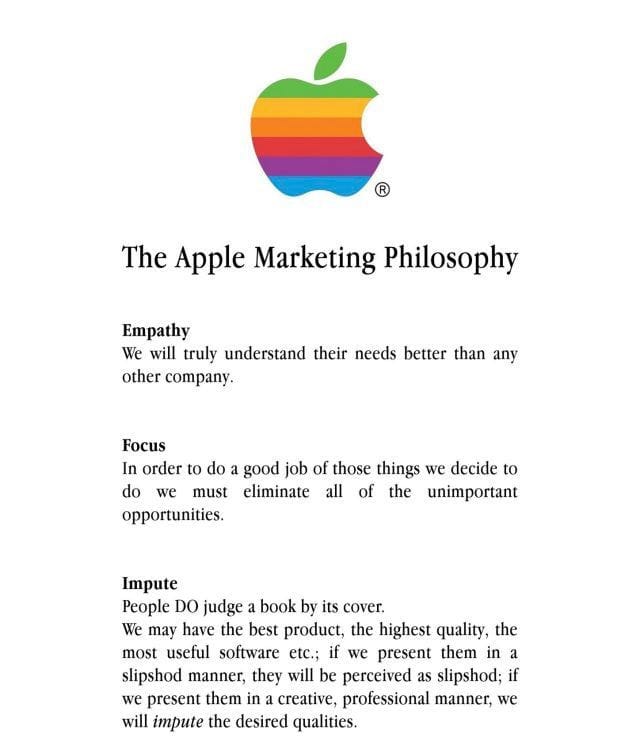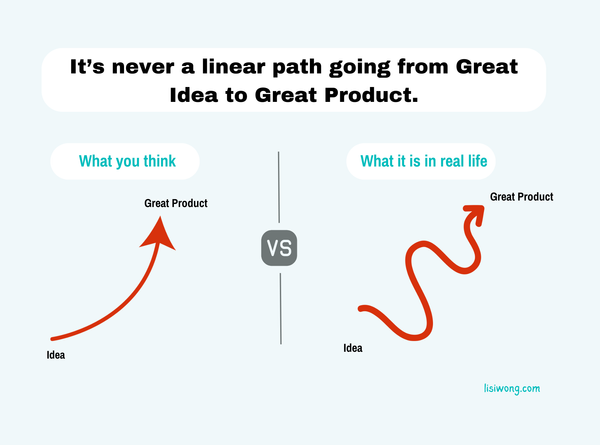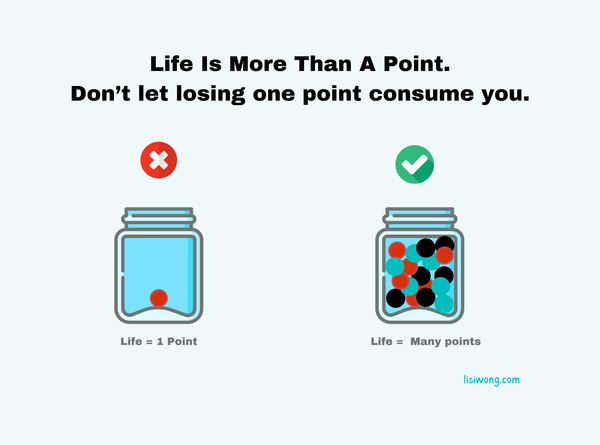3 Big, Simple Ideas in Product Management
Too much focus on incessant building of products. Too little on what really matters.

How resisting the wrong trends in product management and doubling down on the right focus can drive real business impact....
Value creation does not always require technology
In the technological age, it seems usual to want to use technology to solve a problem these days....
But hey, before you dive into creating some flashy new product or feature to boost sales, take a step back. There are tons of ways to amp up your value game, whether it's bundling services with product or giving your marketing a fresh, different spin with different customer segments.
So, think outside of the tech box and let's not just look at the rearview mirror -where you can get into a incessant loop of trying to catch-up with competitors and directly answering the sales ask.
Because there's often more than one way out of the woods - and tech is just one of the ways.
Great product does not sell by itself
One of the greatest lessons that I have learnt in my own business is that you can have a great product but you are still not winning.
You know how everyone says "Build a great product and customers will come flocking"? Well that's only half the story. Even the best products need a bit of push to really take off in this noisy market.
Think about some of the most successful products out there - the iPhone for example. Sure, it's a fantastic piece of tech. But Apple didn't rely on its cool technology - they created a buzz around it with tons of roadshows, collateral and distribution channels so their message is front and centre of your mind.
On that, check out this memo published by Apple. It's a Masterclass on what's truly important - focus on the important bits and dial it up.

Yes - people DO judge a book by its cover.
So let's not forget that the marketing and enablement activities are equally as important as giving attention to building the right products even in the B2B space. Salesforce is a great example of how they have using marketing to amplify their products and services.
Appetites, Not Estimates
Don't ask for estimates in product development. It's a recipe for disaster.
People are just not good at predicting things.
It's like asking a builder to estimate when your renovation will be done and giving them a blank cheque.
When you start a renovation project, you will have a budget in mind and know what you want before narrowing the scope with builder. And even then, how often do these estimates come in on time and on budget?
Not very often, right?
There are always surprises, like discovering a mess of pipes or a lack of it behind the walls. Product development is the same - you wouldn't know what you're dealing with until you dive in. Tasks are complex and you can't predict every detail.
Sure - you can review the findings from tasks and then make decisions off the back of it. But that is not a smart and efficient approach. Why take the attention of the team if you already know the budget and value for an initiative?
Instead, try defining an appetite for an initiative. That means you set a limit you are willing to invest upfront. It's not about stressing over a deadline.
The idea is to use the appetite as a constraint to hone in on the problem. The team can then get creative about finding the best solutions within that timeframe and that helps everyone to focus on what's truly important and avoid being bogged down in unnecessary details. It will become very apparent when the initial idea needs to be scaled back or adjusted - and that's okay.
In short, defining the appetite means setting clear boundaries on how much time or effort you're willing to spend on an initiative. This way, it reduces the second guessing on whether the estimates are right and avoids endless meetings to review findings.
If you are still wondering whether appetite is the way to go, the post below by Jason Fried from 37 Signals (the wonderful company behind Basecamp and HEY email) is an excellent 2 mins read.

Jason Fried on Appetites, Not Estimates
These guys also use a lightweight robust process that includes prioritising work via a betting table and building meaningful work in a six-weeks-cycle to ship their software. The six-weeks-cycle is a great concept because it's long enough to build something meaningful and short enough that it forces the team and business to decide what is truly valuable.
And it's really not hard, if we take a step back to think it through.
A quote I have been pondering on:
If you had enjoyed this post, you may want to sign up for my newsletter. No spam, only nuggets of signals and wisdoms that occasionally delight your inbox and help you cut through a noisy world.





